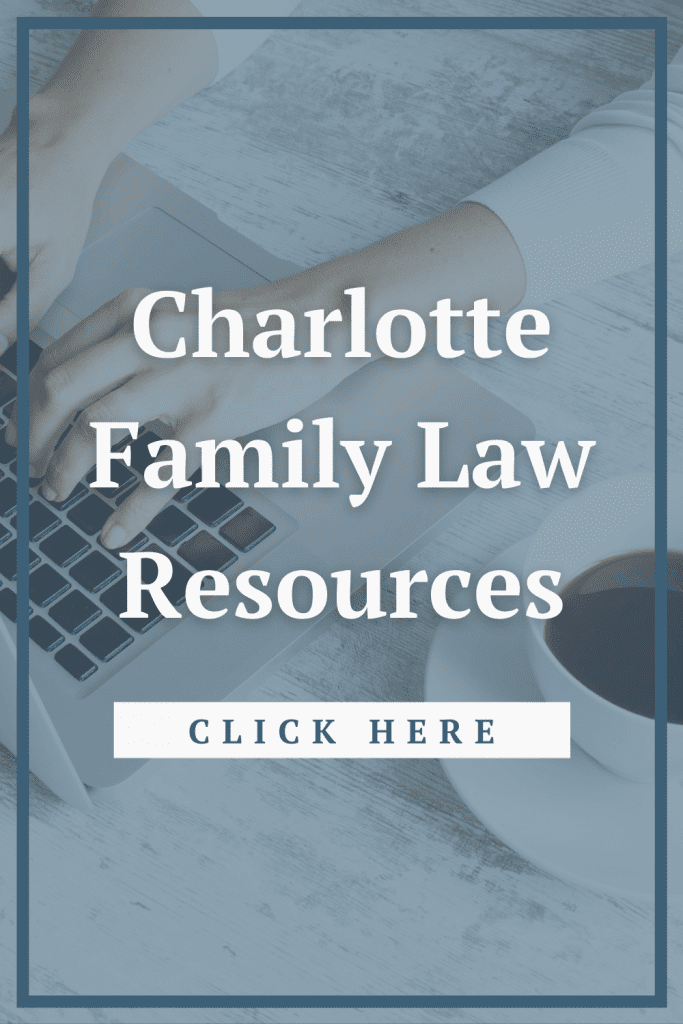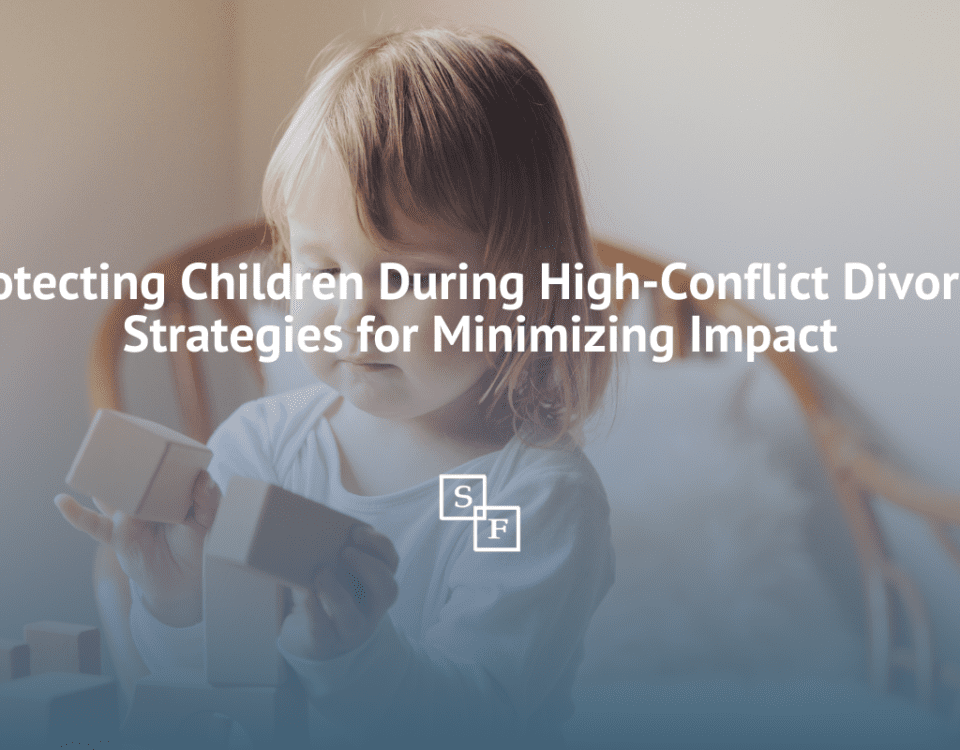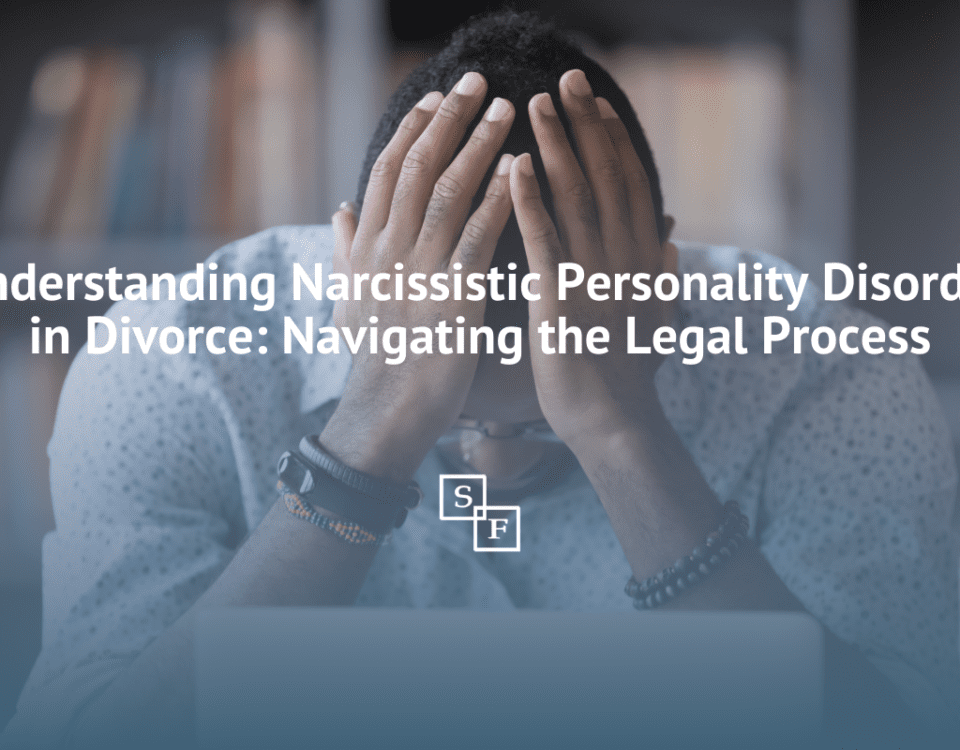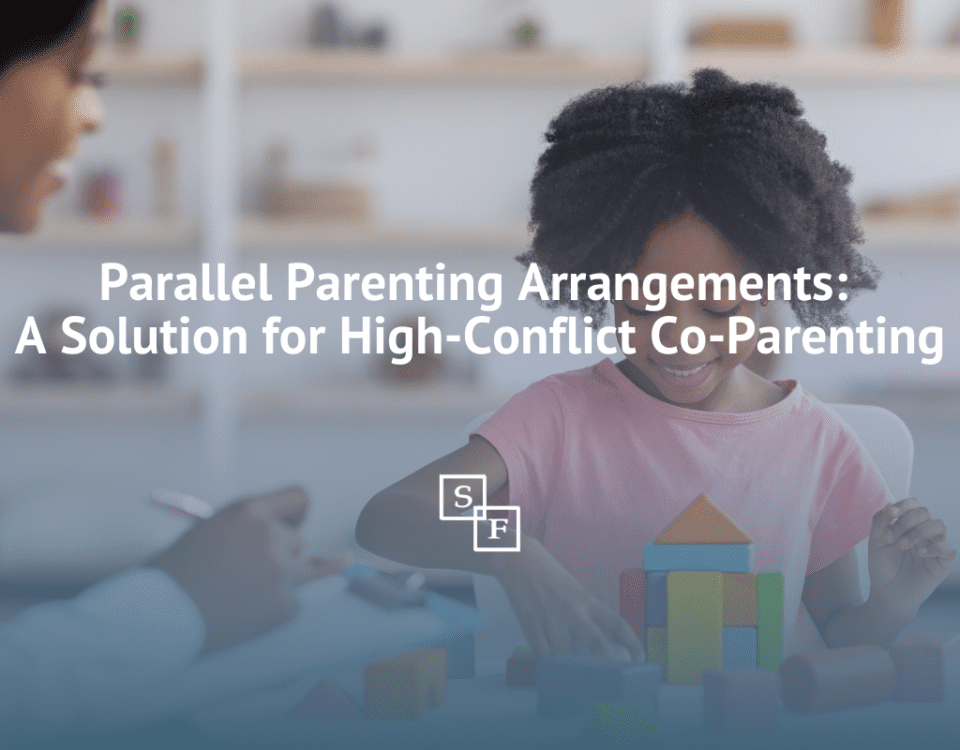FAMILY LAW & DIVORCE
CHARLOTTE FAMILY LAW
WE ARE HERE FOR YOU WHEN YOU NEED US MOST
At SeiferFlatow, we have the knowledge and confidence necessary to handle the complex personal and legal issues that affect your family life. With aggressive, yet compassionate advocacy, our Family Law practice focuses on the individual needs of our clients and providing them with the knowledge, tools, and understanding needed to navigate the complicated issues that may arise during the legal process.
Serving Mecklenburg County and clients throughout the region (including Gaston, Cabarrus, and Union Counties), SeiferFlatow’s attorneys solve problems and pursue the best possible results for our clients. Family Law is personal. It is your life, your home, your finances, your children, and your future.
When choosing your attorney, you need the right person who understands the personal and legal challenges that you face.
Trust the attorneys at SeiferFlatow to provide you with the counsel and confidence to make the decisions necessary to move forward in your life and achieve your family goals.
Need to Make an Appointment?
What Concerns Do You Have?
Absolute Divorce
Child Support
Child Custody
Alimony / Spousal Support
Property Distribution
Domestic Violence Protective Orders
At SeiferFlatow, we handle all aspects of Absolute Divorce including:
- Divorce
- Annulment
- Premarital and Post-marital Agreements
- Separation Agreements
- Alienation of Affection and Criminal Conversation lawsuits
When determining the amount of child support that must be given to the party with the child, North Carolina Courts look primarily to the income of the parents. The income can be from any source and includes wages, interests, dividends, rental income, retirement benefits, capital gains, and Social Security income.
These guidelines are applied whether the parents are married or not. The amount of support must be enough to meet the child’s needs for health, education, and maintenance.
Child Custody involves two main categories: Legal Custody and Physical Custody. Legal Custody gives one or both parents the right to make legal decisions for the child. These decisions involve education, health care, religion, and the child’s general welfare. Physical Custody relates to where the child resides.
The effect the divorce process may have on your kids likely tops the list of your concerns. A number of factors come into play when it comes to child custody. If you are considering separation or divorce, it is best to consult with a professional you can trust. Your children’s well-being and your ability to care for their needs are both incredibly important.
Alimony/spousal support is meant to assist the party in a separation who need financial assistance. Not every divorce will end with one spouse receiving alimony. However, you may be entitled to file for alimony. If you are a dependent spouse, which means you lack sufficient income on your own to maintain the standard of living you had during the marriage, you may be entitled to receive alimony from your supporting spouse.
Unlike child support, there are no calculators North Carolina uses for alimony. Instead, the Court will look at several factors. Some of these factors include: family circumstances, length of the marriage, the standard of living the spouse has become accustomed to, and the income of both spouses. These factors can become complex, and consulting with an experienced family law attorney is important prior to requesting alimony.
In North Carolina, the process of dividing the debts and assets you and your spouse have is called Equitable Distribution. The right to equitable distribution is not automatic; one or both parties must specifically alert this right. If you do not request equitable distribution prior to your divorce being finalized, you could lose this right.
A North Carolina judge will use factors to determine how to equitably divide the property. First, the Court will identify and classify the types of property. Property can be deemed to be marital or separate property. A skilled family law attorney can help you determine what type your items are. The court will also assign a value to the property to help determine how to equitably divide it. Lastly, the court will distribute the property.
Once you are divorced, you can no longer request equitable distribution. This is why having a knowledgeable attorney on your side is vital. Also, if the parties execute a valid separation agreement that covers the division of property, the right to equitable distribution has been waived.
A domestic violence protective order - called a 50(b) or restraining order - is an order that provides protection from someone you have or had a personal relationship with who committed domestic violence.
Domestic violence occurs when someone hurts you, causes you to fear they will hurt you, continually harasses you, or attempts to hurt you. If they do any of those actions to your minor child, this is also considered domestic violence.
Meet the Family Law Team
Missy’s mission is to help individuals navigate through these highly bureaucratic systems while providing superior client service and advocacy.
Read more about Missy and how she helps her family law clients in NC.
Megan understands that each client’s situation is unique, and she is committed to serving as a fierce and compassionate advocate for all of her clients. She practices empathy with every client to ensure that they feel that their concerns are heard and their needs are met.
In her 10-plus years of experience as a family law paralegal, Lisa has become passionate about putting the client’s needs first. She understands the circumstances that bring clients to our office are often unsettling and it is her desire to use her experience and skills to make the process a little easier.








